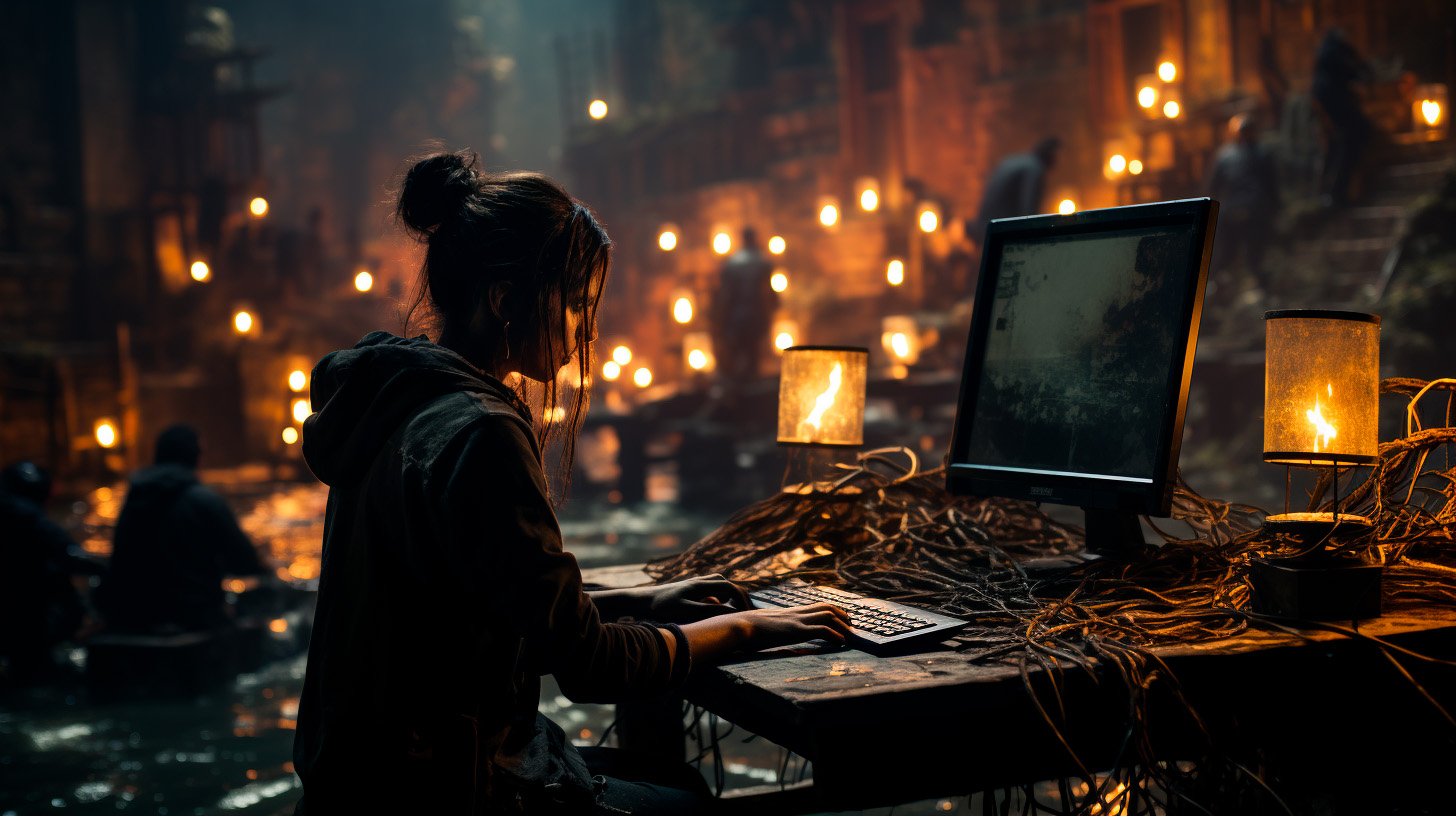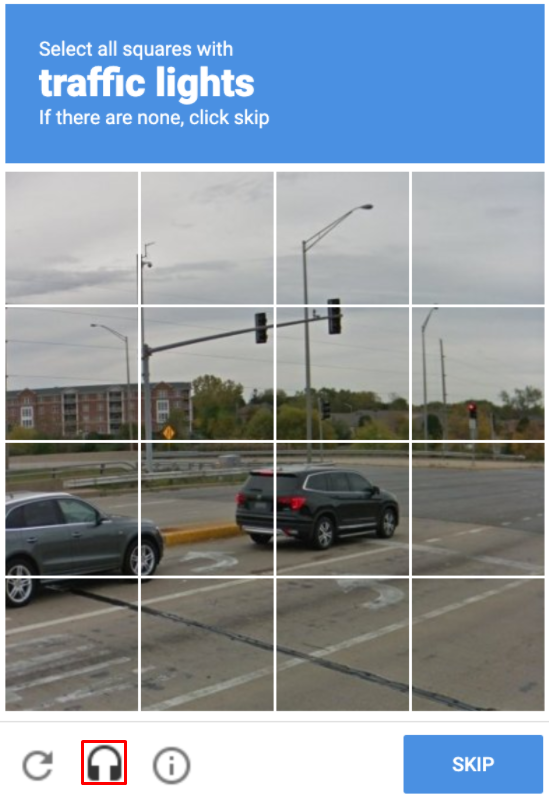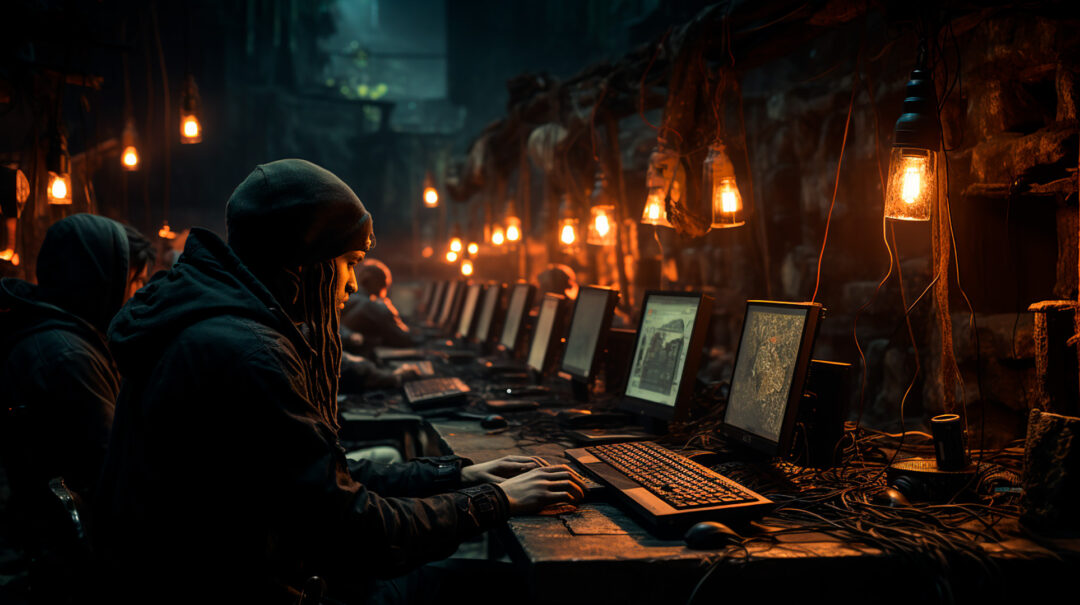Artificial Intelligence (AI) has become incredibly adept at understanding the content of images and video. This has been achieved by training them on billions of images. But the robots haven’t developed this understanding on their own: There is human labour behind it. Human labour that works many hours for a few dollars to explain to the computer what is in the images.
In third world countries such as Venezuela, Pakistan, India and the Philippines, thousands or even millions of people work to identify and tag images on the screen. Their employers are tech giants such as Amazon, Microsoft, Google, Nvidia and Adobe. This is according to the technology magazine Wired, which has followed the money trail and uncovered the invisible industry behind artificial intelligence.
Here you can read about how tagging data has in some places become a family occupation for both parents and teenagers, and where the pay for a single task can be up to “a few dollars” – but also down to just one cent. The work is offered through platforms such as Toloka, Clickworker and Teemwork.AI.
Better than your mates’ extracurricular jobs
The money from the tech industry helps put food on the table for poor families, and Wired spoke to 17-year-old high school student Younis Hamden from Pakistan. He earns up to 100 US dollars a month working three to four hours a day on comparing products on Amazon, among other things. The salary is in stark contrast to what IT professionals in Silicon Valley get for working for the same companies. But it’s far better than the waitressing jobs that his classmates spend their free time doing. And the salary is paid in strong US dollars.

Censorship requires human censors
To shield innocent eyes from sexual content, social media does not allow nude images. This was initially attempted to be solved by setting the filter to avoid images with a certain percentage of skin colour. But with disastrously bad results. Firstly, skin comes in many shades, which is a challenge in itself. Secondly, many completely innocent images were mistakenly removed. Including classic paintings by the baroque painter Rubens.
Today, social media like TikTok, YouTube and Facebook have become a little more nuanced, and it’s now about avoiding sexually charged images and words. The same goes for hate speech and violence. Which means human trainers have to sift through an endless stream of images and texts that may or may not be suitable for innocent eyes.
You too work for free for the AIs
If you, dear reader, think that the pay for screen workers in the Global South is poor, you may be shocked to learn that you yourself are working for free to train the artificial intelligences!
You’ve probably often come across Captchas, image puzzles to distinguish humans from computers, when logging into a website.

Google’s reCaptcha is the most well-known of its kind, and the task of identifying the images in a series that include motorcycles, traffic lights or school buses is so annoying that you almost feel sorry for the computer forced to give up.
But while you’re sweating over the annoying captcha tests, you’re helping to train artificial intelligence to decipher the content of the images. For free. Which could very well lead to even more difficult captcha tests as computers get better and better…
Source: Wired

